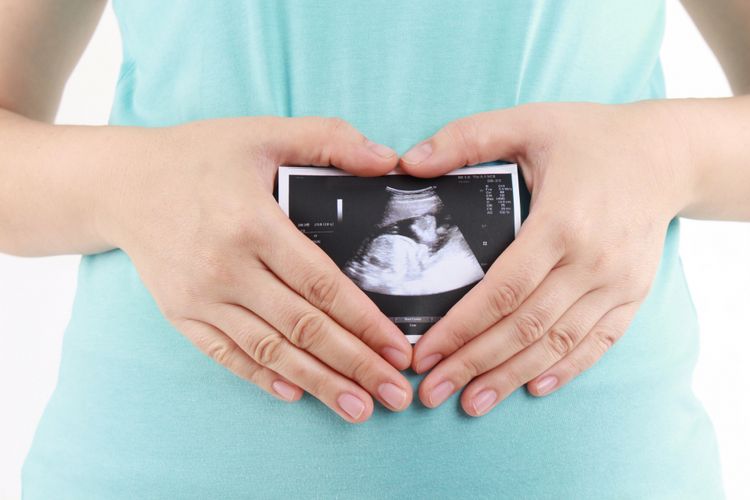Popular Reads
Top Results
Can't find what you're looking for?
View all search resultsPopular Reads
Top Results
Can't find what you're looking for?
View all search resultsFetuses are more into classical music than rock
Change text size
Gift Premium Articles
to Anyone
A study carried out by Spanish researchers shows that we begin to develop our musical preferences prior to birth.
While it's long been known that babies in the womb are sensitive to music, scientists from the Institut Marquès in Barcelona, Spain have taken the experiments further in order to determine whether there are musical genres to which babies are particularly attuned to prior to birth.
Read also: A mother’s stress before and during pregnancy could affect her baby’s brain: Study
Presented on Monday, October 14 at the 29th World Congress on Ultrasound in Obstetrics and Gynaecology (ISUOG) in Berlin, the study showed that babies in the womb show a strong preference for composers like Mozart and Beethoven and traditionally African sounds -- with one exception, the song "Bohemian Rhapsody" by Queen.
The researchers relied on movements of the mouth and tongue in order to identify stimulation created by the music. A specially designed speaker was used to emit sound to 300 fetuses between the 18th and 38th weeks of gestation.
The authors of the study played nearly 30 songs from three different musical styles: classical (Mozart, Beethoven), African traditional music (singing, drums), and pop (Shakira, Queen).
According to Dr. Marisa López-Teijón, director of the Institut Marquès, the fetuses preferred melodies that have stood the test of time, whether a Mozart serenade or the ancient sounds of African drums. For example, Mozart's "A Little Night Music K. 525" provoked movements of the mouth and tongue in 91% of fetuses past the sixth month of development.
At the Institut Marquès, in-utero sound perception is subject to much research. The center now plans to analyze the reaction of fetuses to the sound of their parents' favorite soccer team anthems.











